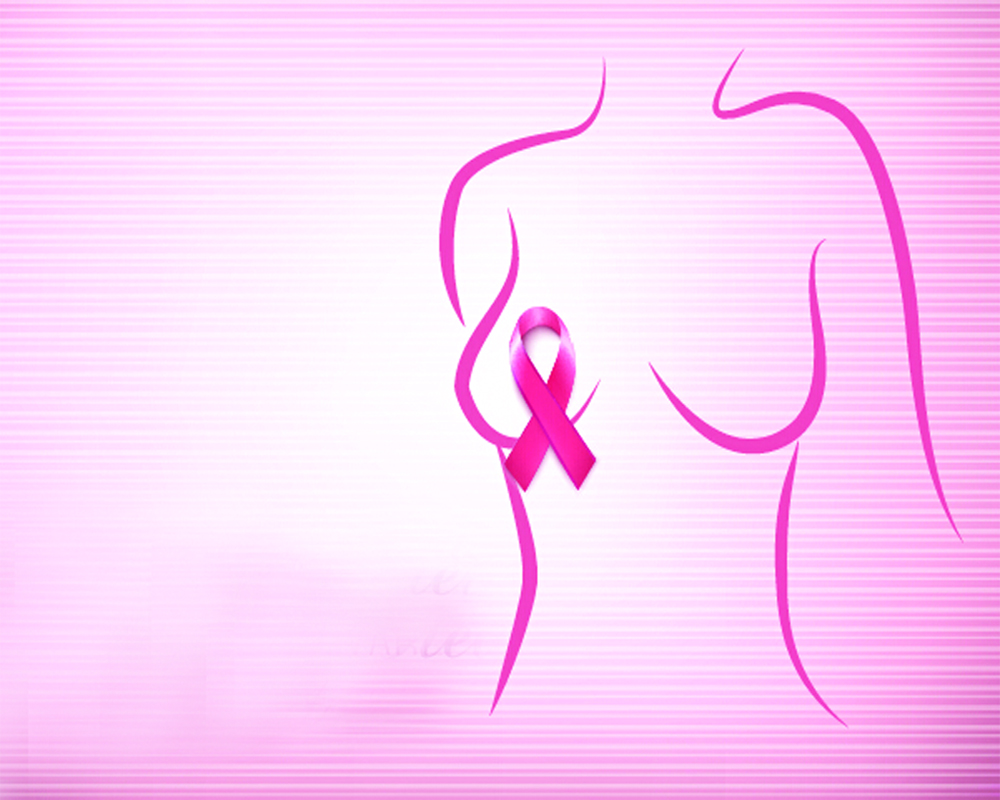Blog

Breast cancer begins when breast cells begin to grow uncontrollably. These cells normally form a tumor that can often be seen on a mammogram or can be explored as a lump (lump or mass).
The neoplasm is malignant (cancer) if the cells can grow by penetrating (invading) surrounding tissues or spreading (metastasizing) to distant areas of the body. There are many types of this malignant breast disease. It occurs almost only in women, however, men can still suffer from it. Almost any cell in the body can become cancerous and spread to other areas.
In recent years, breast cancer mortality has dropped thanks to advances in early diagnosis and improved treatments considerably.
The median survival for breast cancer after five years is almost 90%, but the stage at which it is diagnosed influences survival, which may depend mainly on the extent of the tumor at the time of its detection.
Remember that when breast cancer is detected at an early stage, at an early stage, the cure rate is very close to 100%.
Specifically, in stage I, when the tumor is small and has not spread, survival is close to 100% (over 98%), but drops dramatically to 24% in stage III.
Therefore, early diagnosis continues to be essential to improve the chances of recovery.
With mammography, it is possible to identify breast cancer up to 2 years before it becomes palpable, in its earliest phase, and thus ensure an early diagnosis that can save lives.
The two most common types of breast cancer (types of breast cancer) are:
The remaining type together do not exceed 10% of cases. The main risk factors for contracting breast cancer are advanced age, first menstruation at an early age, advanced age at the time of the first childbirth or never having had a child, the history of parents affected breast cancer, using hormones such as estrogen and progesterone, drinking alcohol, and being Caucasian.
In 5 to 10% of cases, breast cancer is caused by inherited genetic mutations.
The age of peak incidence of breast cancer is over 50, but about 10% are diagnosed in women under 40.
Annual mammograms starting at age 40 significantly reduce breast cancer mortality, as shown in studies like the recently published Lancet Oncology.
For this study, 160.921 women were recruited between 1997 and 23 and followed for almost 1990 years on average.
Ten years into the follow-up, the researchers found a significant reduction in breast cancer mortality in the group that had annual mammograms since age 10.
Specifically, in the group where mammograms were performed since age 40, there were 83 deaths from breast cancer, compared to 219 deaths that occurred in the group in which mammograms began at age 50.
In CD for women, we have always recommended to our patients that from the 40 years start having an annual mammogram in conjunction with the examination.
And if there is a high risk of cancer due to a family history of breast or ovarian cancer, The best surgeon in Chandigarh recommends having a mammogram in the 30s.
Copyright © 2025 Dr Ahuja Clinic. All Rights Reserved | Marketing by : WebHopers
Website Design by CSW Technologies